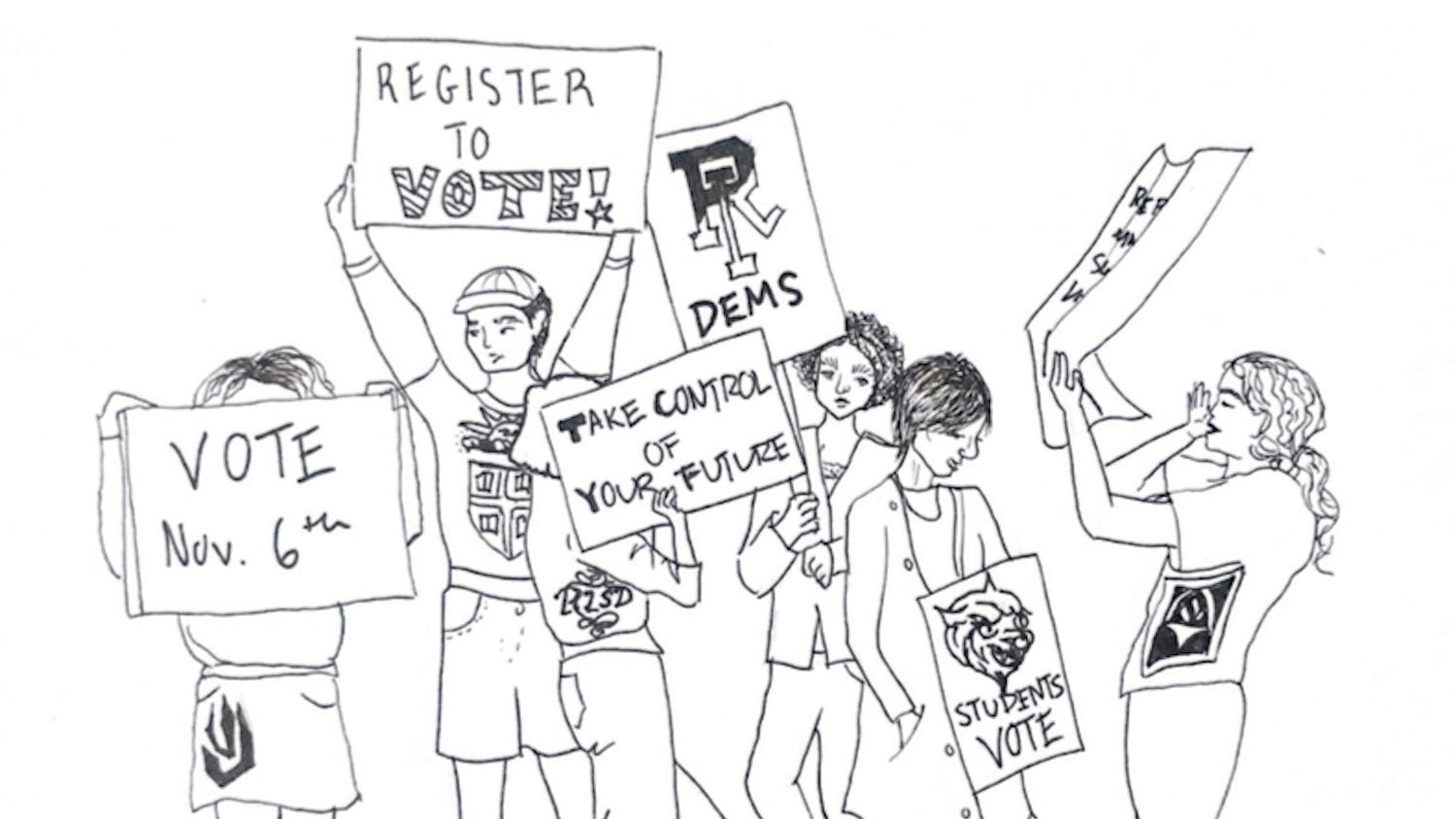Salaries fell nationwide for more than a third of college faculty members, with overall growth flat for the 2009–10 academic year, according to an annual survey released by the College and University Professional Association for Human Resources.
Only the faculty of private doctoral institutions saw a raise in their paychecks, which increased by an average of 1.7 percent, according to the survey, and in past years the salaries of college faculty members has increased by an average of 4 percent annually.
At Brown, salaries of all faculty members were held steady this year due to budget cuts, The Herald reported Feb. 9.
Andy Brantley, the association's chief executive, attributed the flat salary growth to the recent economic recession, though he expressed surprise at the widespread reductions, the Chronicle of Higher Education wrote.
"We know all these factors are happening in higher education, and we did know some faculty would have been included," Brantley told the Chronicle. "What makes this troubling for us is that the faculty are obviously the key component to our continued success in preparing students not only in lives of leading and serving, but also ensuring the long-term economic stability of the U.S. economy."
College counseling ad causes controversy
An ad for Hernandez College Consulting in Stanford Magazine sparked debate among admissions officers and alums about whether applicants should indicate if they received outside help, the Stanford Daily reported on March 10.
"The Hernandez company, and probably other similar companies, appear to be helping college applicants, including Stanford University applicants, cheat on their applications," Stanford alum Jonathan Eisenberg wrote in a letter to the Stanford admissions office, according to the Daily.
Run by Michele Hernandez, former assistant director of admissions at Dartmouth, Hernandez College Consulting provides clients with application strategies and feedback on essays, the Daily reported.
"We're helping kids who could get into Stanford on their own," Hernandez told the Daily. "We can't invent talents, but we can show how to better represent them."
Shawn Abbott, director of admission at Stanford, brought up the issue to Stanford's Committee on Undergraduate Admission and Financial Aid in response to concerns about the ad, adding that the Stanford faculty has not yet decided whether another question will be added to the application, the newspaper reported.
"We are concerned about adding a question to the application that might encourage students to be less than honest if they feel their answer will influence their admission one way or the other," Abbott told the Daily. "The bottom line is that the faculty Committee on Undergraduate Admission and Financial Aid would need to determine if they want us to consider this information in our selection process."
Wesleyan sues former investment officer
Wesleyan University is suing Thomas Kannam, its former vice president of investments and chief investment officer, and 20 others, the Wesleyan Argus reported on Jan. 4. The court could require Kannam to put $3 million aside before the trial, to be paid to Wesleyan if the university wins, the newspaper reported.
Kannam, who was dismissed on Oct. 13 following the discovery of misconduct, is accused of breach of contract, fraud, statutory forgery and unjust enrichment, among other charges, according to the Argus.
"We deny all of the allegations in the complaint," said Stephen Fitzgerald, Kannam's attorney. "If there's going to be a hearing on the pending application for a pre-judgment remedy, we will at that time put on our defense."
In its lawsuit, Wesleyan accuses Kannam of using confidential information regarding the university's investments for the benefit of his own outside ventures, the Argus reported.
"Through my portfolio at Wesleyan, I have a window on some very interesting stock ideas," Kannam allegedly wrote in an e-mail. "If possible I'd like to cherry-pick the best and capitalize on them."
Kannam is also accused of serving on corporate boards without notifying Wesleyan, and attempting to conceal his conflict of interest, as well as using university funds and resources for non-university purposes — including golfing outings, travel expenses and using his staff and university offices to conduct outside business, the Argus reported.




